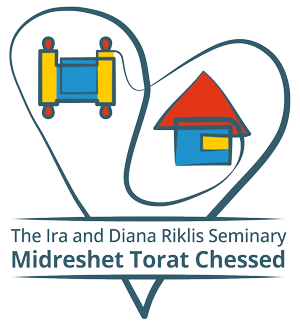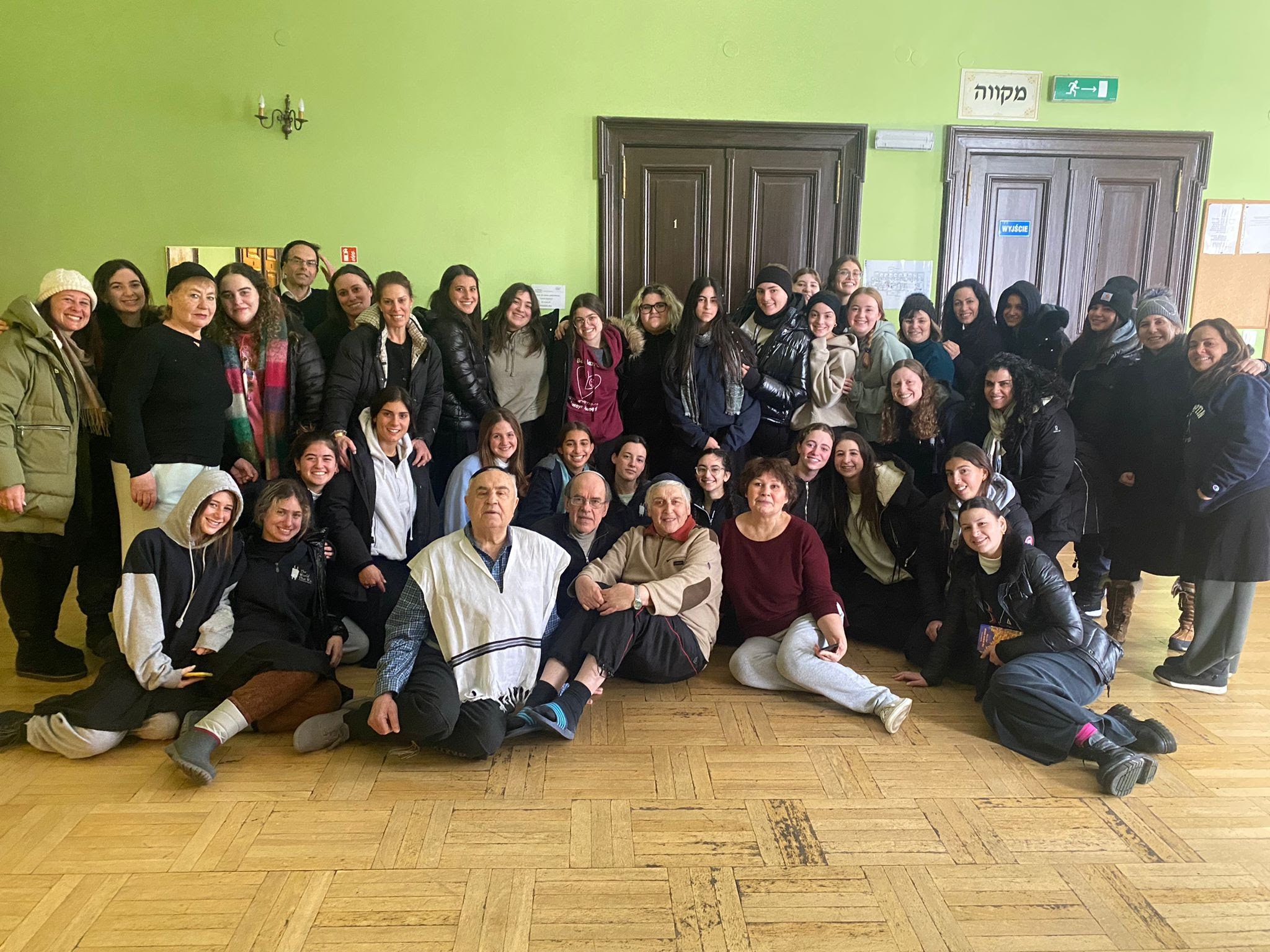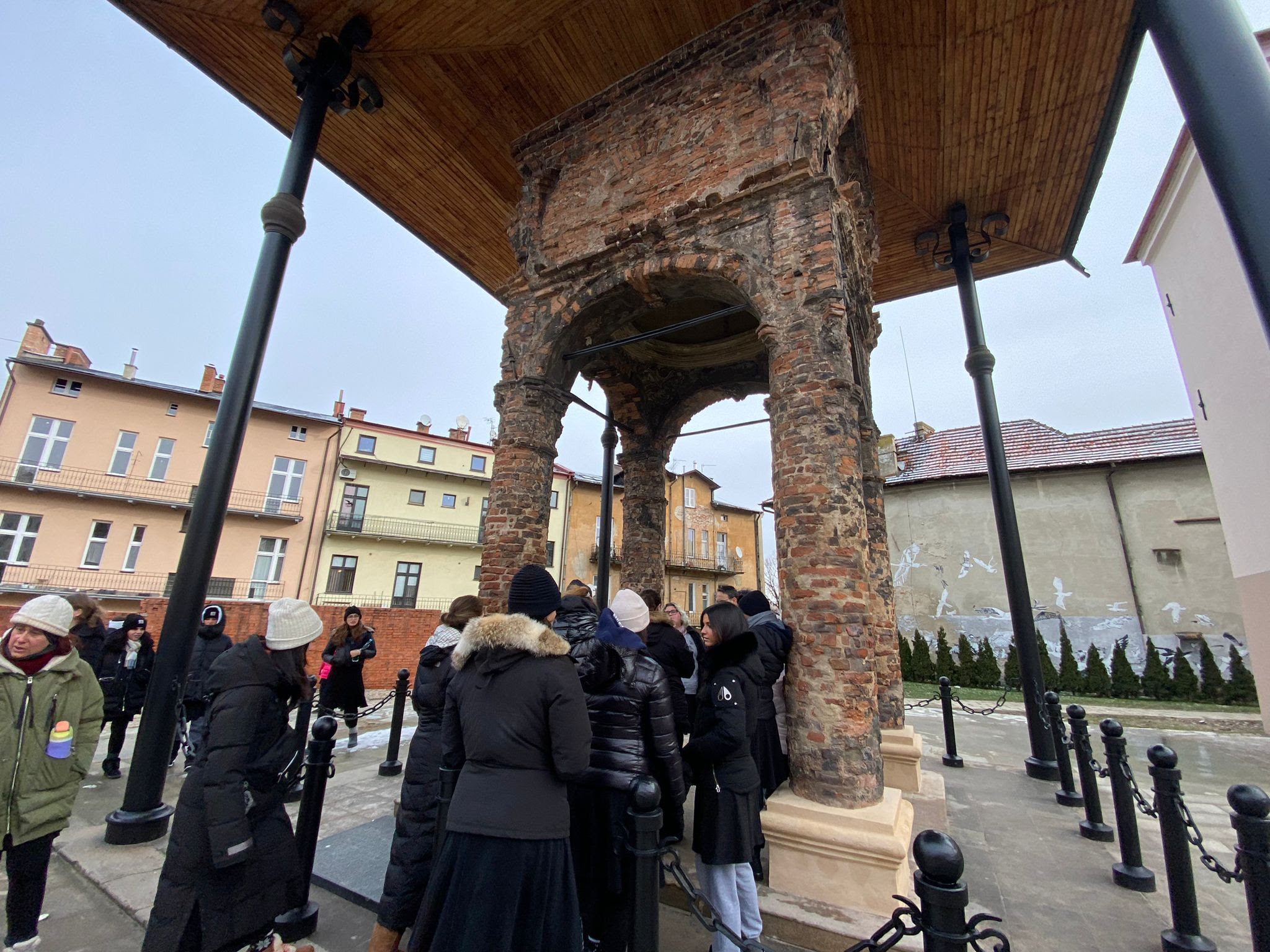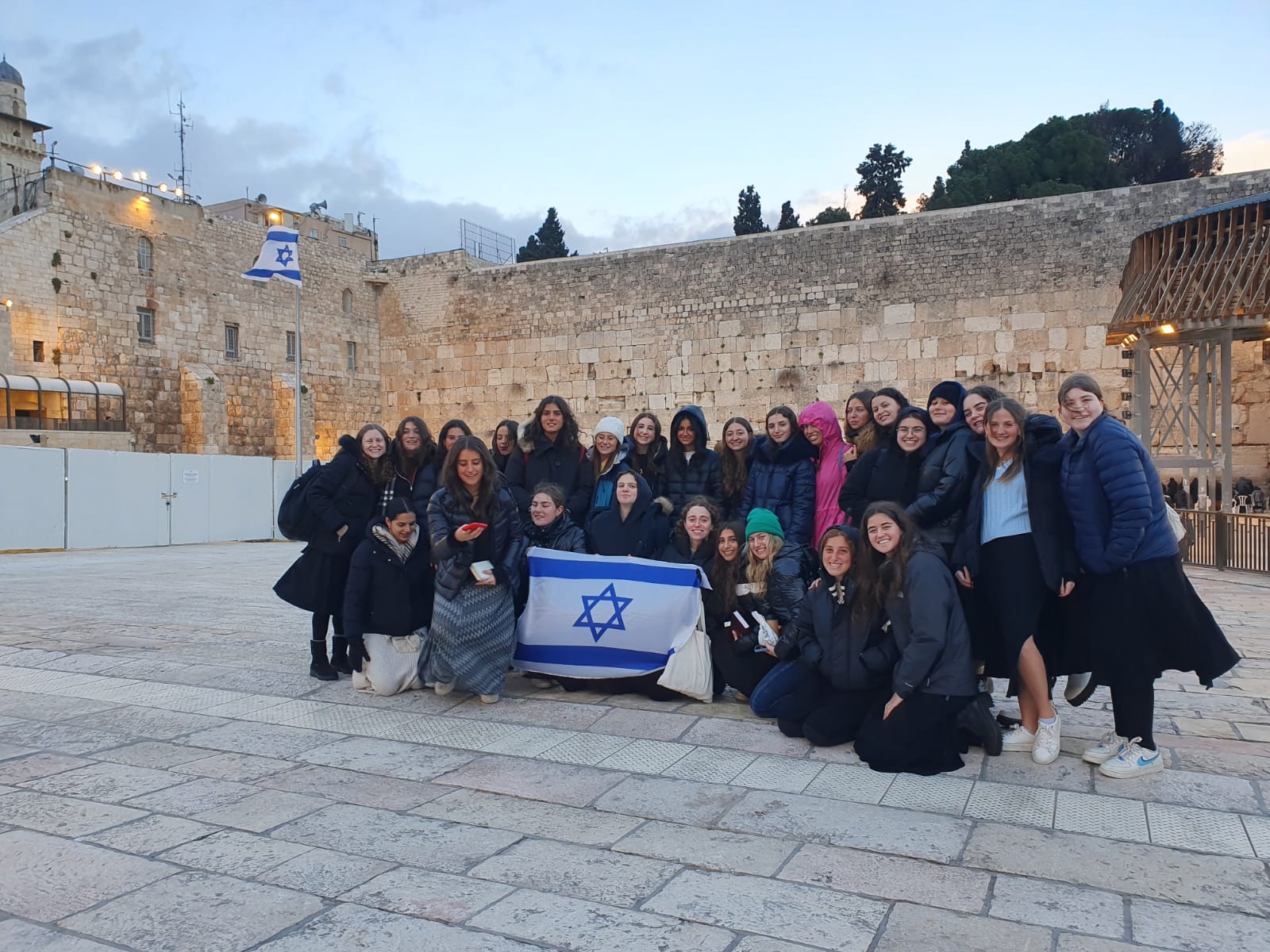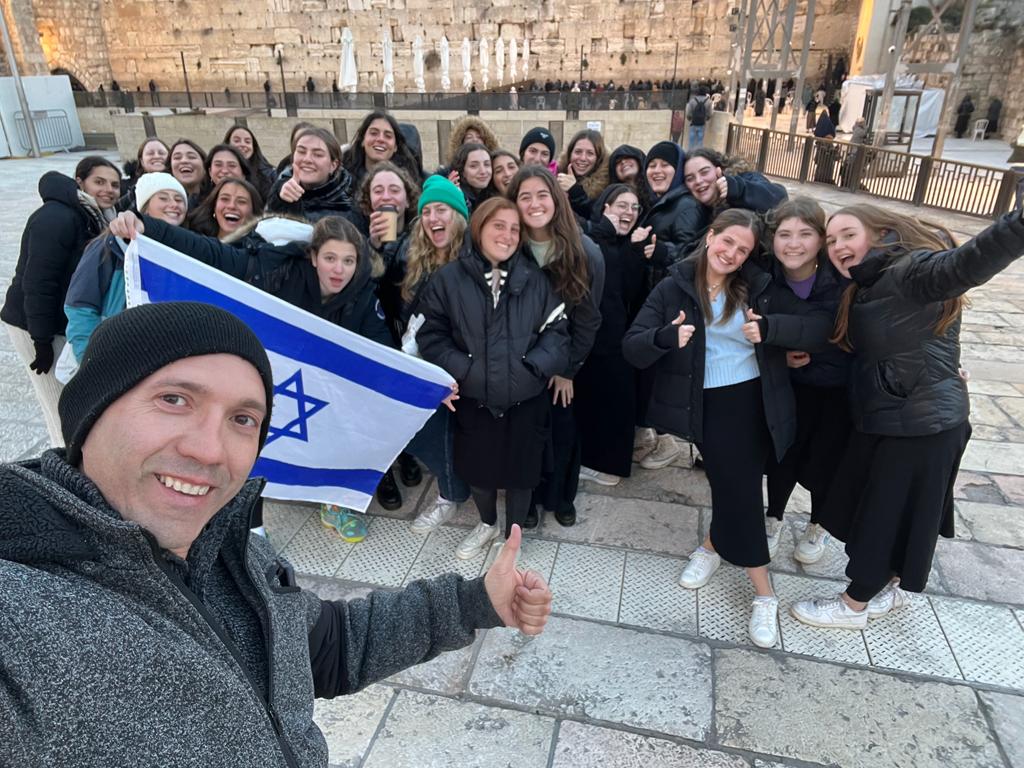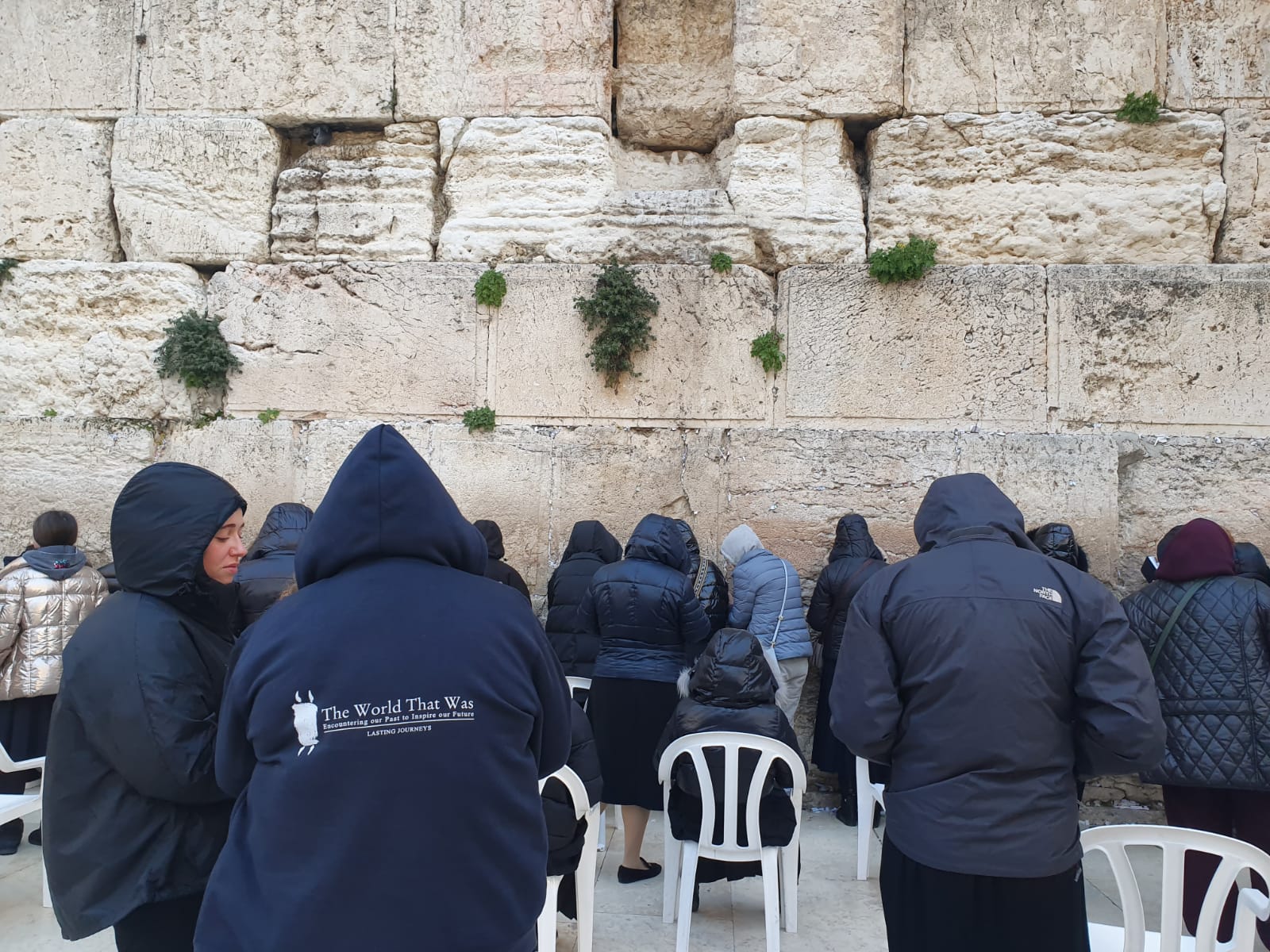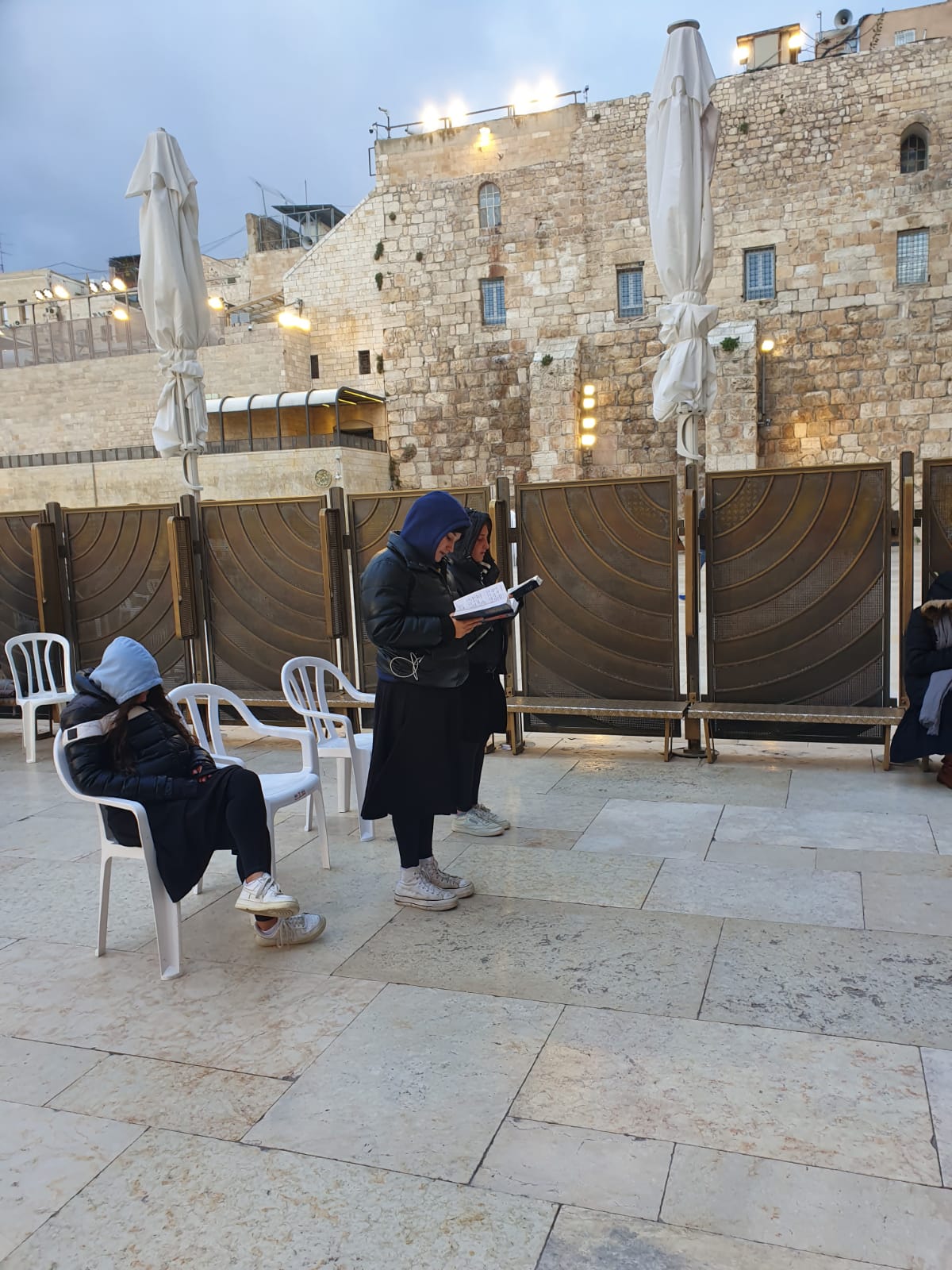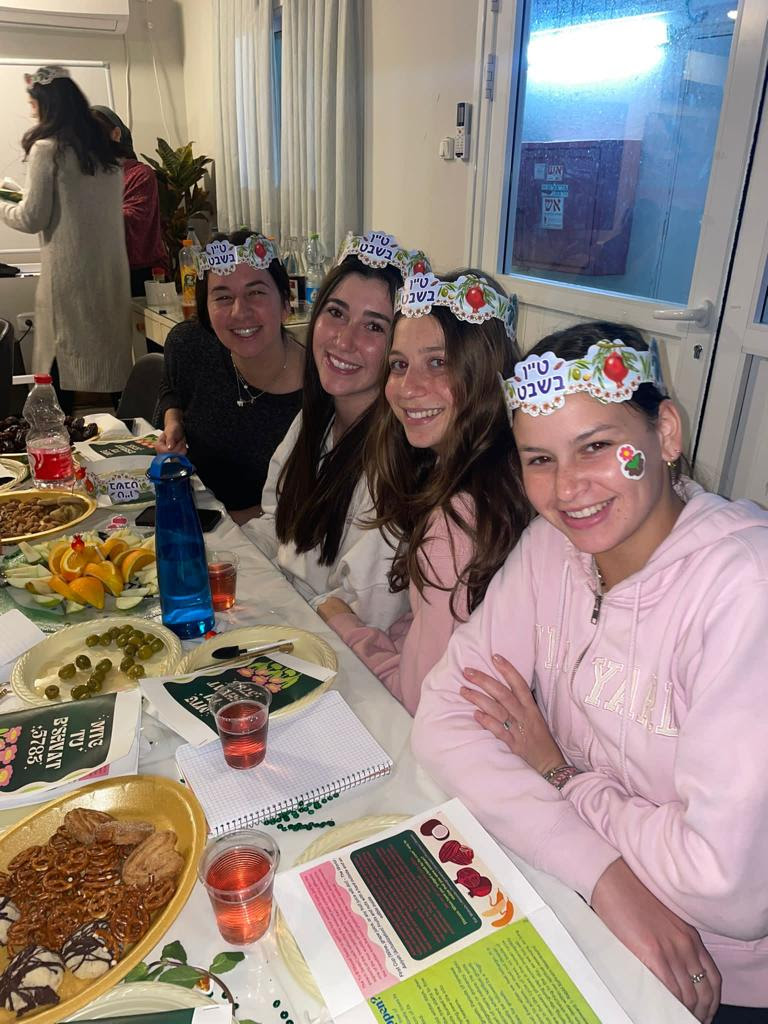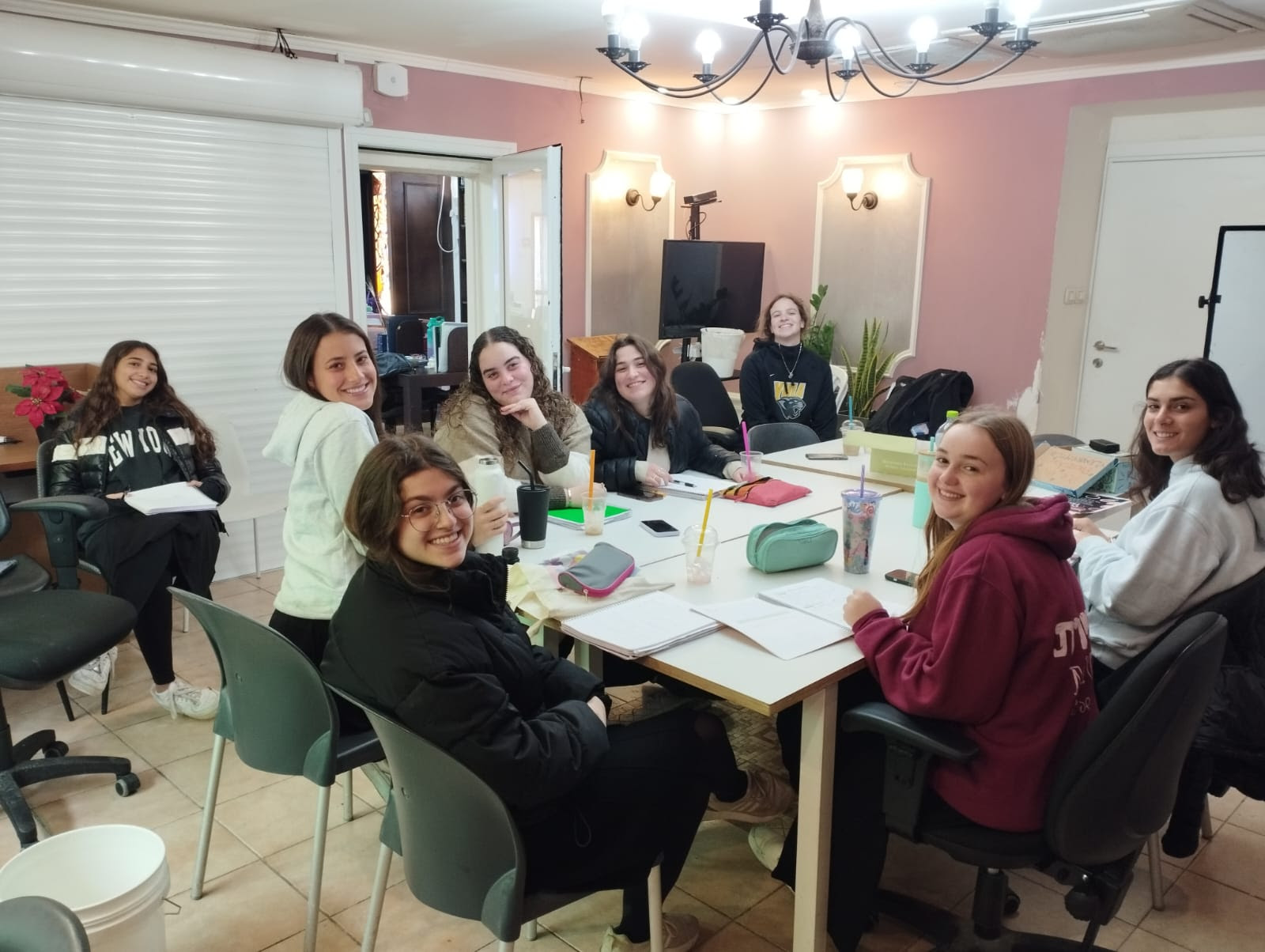
09 Feb MTC Highlight: Parshat Yitro

Ellie Ausubel - Educator
Parshat Yitro
Kabbalat HaTorah Then and Now
In this week’s parsha, Parshat Yitro, we reach the climax of the Exodus; the very purpose for which we were extracted from Egypt – to receive the Torah. What does our tradition tells us about Kabbalat haTorah and how can that inform and inspire our own personal relationship to Torah?
There are two famous midrashim about Matan Torah that seem to contradict. In Jewish day school we are taught that Hashem offered the Torah to each of the nations of the world. Each one asked, ‘what is in this Torah’? When Hashem responded with an example from the Aseret HaDibrot, like do not kill or do not steal, the nation rejected the offer. Hashem then gave the same proposal to Am Yisrael. Instead of making inquiries, Bnei Yisrael proudly accepted the gift of the Torah with the famous words, “Na’aseh, V’Nishma, we will do and we will obey” (Shemot 24:7). In this midrash (Sifri, Devarim 342), Chazal highlight two points: we willingly chose to accept the Torah and we had faith in Hashem that this would be the best path for our nation; we did not need to question.
The Gemara in Masechet Shabbat (88a), however, gives an entirely different story. As Bnei Yisrael stood at the foot of Har Sinai to receive the Torah, the Torah writes: “ויתיצבו בתחתית ההר” (Shemot 19:17) . Read literally, this can translates as: ‘They stood under the mountain.’ Chazal expound on this literal reading:
We learn from here that Hashem lifted the mountain over their heads and threatened them: If you accept the Torah, great. But if you do not, you will be buried here under this mountain. (Shabbat 88a)
We do not need to take this midrash literally. Chazal describe this image for us to highlight our nation’s hesitance at Matan Torah. Hashem, so to speak, had to twist our arm to accept the Torah. (The gemara continues that in the days of Purim, we re-accepted the Torah, this time willingly).
So which was it? Did we choose to accept the Torah or were we forced into it? It’s plausible to argue that these midrashim reflect two different views within Chazal. However, I’d like to share two other approaches:
The first is given by the midrash Tanchuma (נח פרק ו סימן ג) which quotes R’ Avdimi’s statement that Hashem threatened Bnei Yisrael with the mountain and asks: but Bnei Yisrael had already said נעשה ונשמע? The midrash here answers that Bnei Yisrael had responded נעשה ונשמע to the תורה שבכתב – which is easier to follow. But with regard to תורה שבעל פה, with its myriad of details plus the addition of Rabbinic law, here Bnei Yisrael hesitated and needed a “push,” so to speak.
The second, a personal favorite, is a message for all generations. Perhaps these midrashim are not meant to teach us something historical – what happened in the hearts of Bnei Yisrael at the time of Har Sinai. But rather, what should happen in our hearts, when we as individuals and as a collective nation accept the Torah in each generation. These midrashim reflect two different models of our relationship with Hashem: top-down and bottom-up. In the top-down model, Hashem descends and forces His will upon us. In the bottom-up model, man chooses to accept the will of G-d. On the one hand, coercion destroys our personal individuality. On the other hand, free choice alone minimizes our relationship to one that is dependent upon the whims of man. We need both of these elements combined to create a complete Kabbalat HaTorah; both the choosing to serve G-d and the commitment to His Service even when it does not suit us, as if it were forced upon us. It is this very dialectic that we seek in our relationship with Hashem to create a lasting bond with the Torah.
Shabbat Shalom!
Student Reflection
Daniella Nussbaum - Bergenfield, NJ - Frisch, NJ
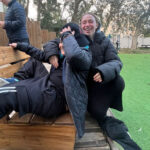
I have never been more grateful to be in Israel, finally back home at MTC.
The beginning of my week was spent in Poland on the roots trip. The experience was beyond words. So many emotions, yet so little to say. To hopefully put words to the unspeakable, here is a journal entry from my experiences in Majdanek, the concentration and extermination camp. “Testimonies throughout the room read that, in the beginning, the barracks were completely empty. The prisoners needed to sleep on the floor with nothing; all they had were their frail bodies and unbelievably thin uniforms. The Nazi’s gave absolutely no respect for human beings or their basic necessities to live. Because that was not their goal.
A Nazi once found out that the Jews thought the right meant life, and the left meant death. Upon hearing this, he laughed. Because the right was not sparing the Jews of death. It was only a different means to the same ultimate goal: annihilating us all.
To the Jews, the right was the right choice. It was the only choice; it spared the individual of immediate death. These Jews felt incredibly fortunate to still be alive. This is how they survived — taking a sliver of hope and miraculously grasping onto it for days, months, and years. The amount of Emunah these people still had, despite losing their livelihoods, their families, their belongings, and even their names, is profound. They held on to the reason they were imprisoned, tortured, and killed in the first place — their identity, religion, and culture: their Judaism. They were Jewish and proud. We are Jewish, and now I can say the same.”
The trip was truly transformative. My love and pride of Israel and Yiddishkeit grew innumerable amounts on this journey.
Monday morning, we arrived back home. Later in the evening, we reunited with the Israel Roots trip at the Kotel. It was extra special to see all the MTC girls at the place which unites us all. On Tuesday, we got back into our unbeatable routine: learning in the morning and chessed in the afternoons. It was so exciting to see the kids after a week apart.
I cannot wait to continue building relationships and growing as an individual for the remainder of this year with the most amazing friends, teachers, and kids.
Thank you MTC for experiences of a lifetime.


